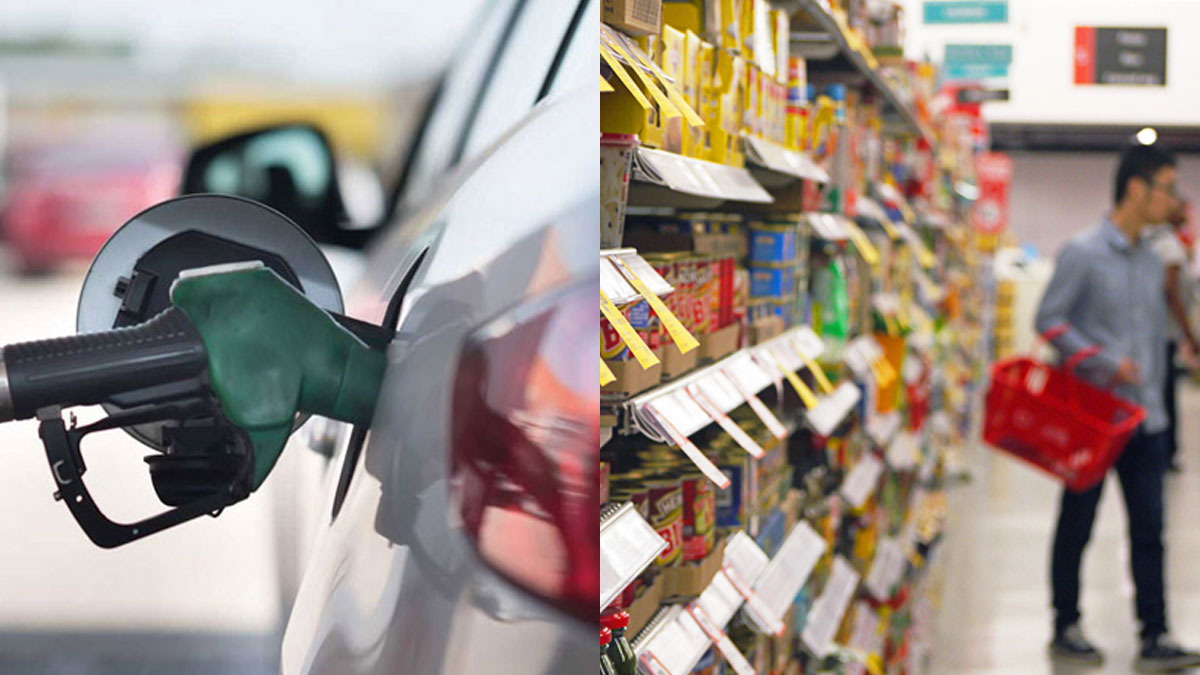
We expect year-end inflation to be around 3 percent due to the changes in VAT rates and customs measures announced in the 2023-2024 National Budget, which will put upward pressure on inflation.
That is the assessment of Westpac Wave as it says globally, inflation has started to show signs of easing from the multi-decade highs reached in many countries following Russia’s full-scale invasion of Ukraine.
It says in Fiji, inflation stood at 0.8 percent in May 2023, significantly lower than most of our trading partner economies.
The relatively low inflation is mainly driven by the recent moderation in imported inflation as a result of softening global food and oil prices and the stabilising of domestic prices.
It says annually, lower prices were noted in alcoholic beverages, tobacco and narcotics (kava), transport, housing and utilities (fuel), and education categories.
Westpac Wave also says overall, while the Fijian economy has largely recovered, some challenges and risks remain.
The slowdown and potential recession in Fiji’s major source markets could impact visitor arrivals and the projected growth path. The global outlook remains uncertain, with plausible scenarios for both stronger and weaker growth and inflation.
In Fiji, natural disasters and adverse weather conditions pose some downside risks to the growth outlook and could derail the expected recovery of the Fijian economy.
It says the 2023-2024 National Budget aims to ensure adequate funding is channelled towards rebuilding infrastructure, improving public service delivery, social welfare, education and health, and supporting economic sectors such as agriculture.
Westpac Wave says the new coalition Government has taken an expansionary stance in its first budget, which is expected to broadly have a positive impact on the economy.
While raising the VAT rate and certain excise and fiscal duties will put some upward pressure on inflation, it will likely be balanced out by the reduction in other excise and fiscal duties.
The increase in the VAT rate from 9 percent to 15 percent while maintaining zero rated VAT on 21 basic items (with the addition of prescribed medicines) is expected to increase net VAT collections to around $445.6 million in the new fiscal year.
Additionally, with the simplification and streamlining of the tax system, investments are expected to increase in the medium term, which had been lagging for some time given the cautious approach of many potential investors.
Westpac Wave says adding to this is the positive impact of the successful general election in Fiji in December 2022 with the new coalition Government in place and the recent announcement of the 2023-2024 National Budget.
The Government’s commitment to economic reforms and policies to accelerate post-pandemic economic recovery and respond to the changing global and domestic landscape will create a more conducive environment for reinvigorating private sector-led growth, supporting social enhancement, building climate resilience and maintaining overall macro-fiscal sustainability.
Against this backdrop, the Westpac economic outlook has revised their real GDP forecast for this year and project a higher economic expansion of 7.8 percent (from the 7.2 percent forecast in the last report), led by increased growth projections for net taxes, accommodation and food services, transport and storage, wholesale and retail sales, manufacturing, finance and insurance, construction, and real estate sectors.
Stay tuned for the latest news on our radio stations

